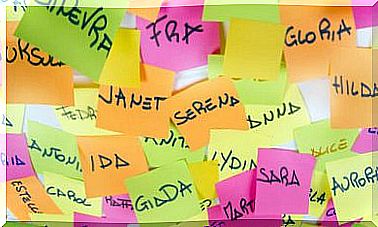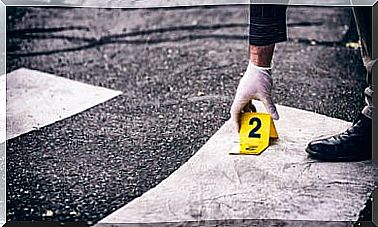7 Mayan Proverbs To Value The Present
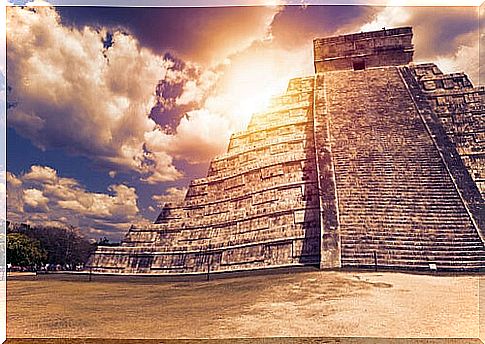
Humanity has always been a source of wisdom. If we look at the ancient Mayan proverbs, for example, we can find little intelligence pills whose validity has not gone out of style at any time in history.
You cannot judge a people, a race or a civilization without doing an elementary conjunctural exercise. In other words, we cannot – it would be very unfair – to judge with the eyes of the present facts and acts of the past. Among other reasons, because the influence that context has on what we do or say is very great.
However, the more we study history, the easier it is to find little lessons in the form of proverbs, fables or sayings that, due to their association with the human species as such, do not go out of style.
Thus, from an anthropological point of view, we cannot affirm that ‘all past times were better’ in a resounding way. However, we can look for small capsules of wisdom that allow us to better live our present.
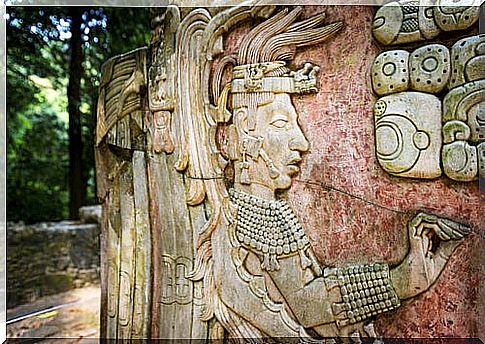
Mayan proverbs of rabid actuality
There are many mysteries that the Mayan civilization still hides for us. This ancient people, who lived in what is now Mexico, concentrated much of their wisdom on their proverbs; excellent testimonies that we now collect in this article, because the way they saw the world can serve us for the way in which we develop today.
Look to you
This proverb is as simple as it is timeless and powerful. For more years that pass, if we want to know how we really are, we have to look at ourselves in a mirror. If it is physical, we will see our physical, if it is internal, we will observe what our mind and our being hides.
Use logic
This Mayan proverb is so logical that, sometimes, it is difficult to understand that we ignore it or border it. In a leaky basket, corn, rice and other products will fall out. So, knowing something so simple, why do we sometimes insist on the impossible, knowing its lack of viability?
Psychology gives us a reason: it tells us that sometimes we embark on projects that we cannot complete, in front of others that really pose a challenge to our measure, so as not to damage our self-esteem in case of failure.
Think what you are going to do
This Mayan proverb is almost as old as life itself. If you do not want to regret your actions and their consequences afterwards, first think about what you are going to do or say and analyze the possible reactions, thus avoiding problems.
Each thing has the value it has
This is one of those Mayan proverbs that strongly recalls the Spanish proverb. For example, we could associate it with the one who prays that ‘no one gives hard pesetas’. That is to say, each thing has its value and, although some want to deceive by making people believe that something is more valuable than it really is, in reality, each thing is worth what it is worth and costs what it costs.
The truth
When a person is not getting straight to the point when talking about a particular topic, they may be lying. In this case, the Mayans warned of this type of individual when he begins to make dialectical detours to hide what may be real and does not mean.
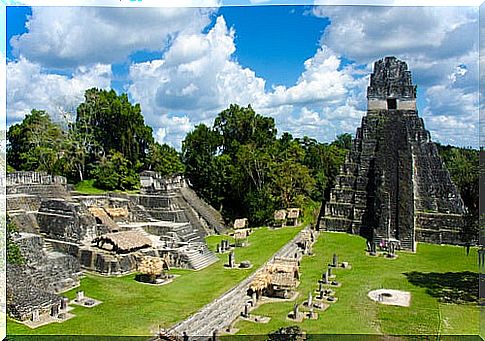
Constancy at work
Let’s go with another proverb that is a classic and that appears in any historical and current proverb. Consistency and courage at work is the best medicine so that what is done goes well and as it should, fulfilling the objectives set.
Criticism and self-criticism
If we associate it with the Spanish proverb, for example, perhaps it reminds you of the one who says: ‘Don’t look at the straw in someone else’s eye, look at the beam in yours.’ That is to say, before launching yourself to criticize other people and talk about what others are doing, look first at what you do, because perhaps you have more to keep quiet than the person you are referring to, especially when we talk about criticisms that are not positive.
These are seven of the many Mayan proverbs that this wise society created to explain its present. Undoubtedly, they were people capable of analyzing their civilization and their people and they knew how to make it clear in this rich heritage that has survived to this day without losing its relevance.

